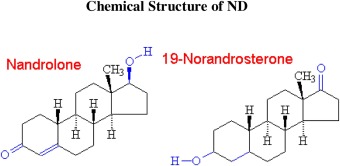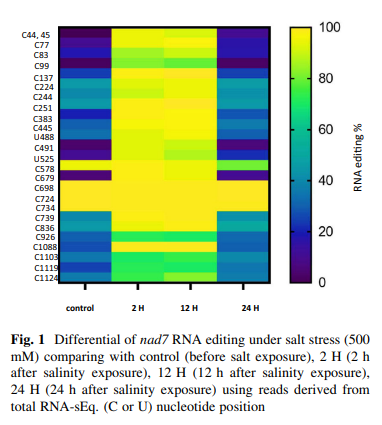Comparison of Machine Learning Approaches for Prediction of Advanced Liver Fibrosis in Chronic Hepatitis C Patients
Background/Aim: Using machine learning approaches as non-invasive methods have been used recently as an alternative method in staging chronic liver diseases for avoiding the drawbacks of biopsy. This study aims to evaluate different machine learning techniques in prediction of advanced fibrosis by combining the serum bio-markers and clinical information to develop the classification models. Methods: A prospective cohort of 39,567 patients with chronic hepatitis C was divided into two sets - one categorized as mild to moderate fibrosis (F0-F2), and the other categorized as advanced fibrosis (F3-F4) according to METAVIR score. Decision tree, genetic algorithm, particle swarm optimization, and multi-linear regression models for advanced fibrosis risk prediction were developed. Receiver operating characteristic curve analysis was performed to evaluate the performance of the proposed models. Results: Age, platelet count, AST, and albumin were found to be statistically significant to advanced fibrosis. The machine learning algorithms under study were able to predict advanced fibrosis in patients with HCC with AUROC ranging between 0.73 and 0.76 and accuracy between 66.3 and 84.4 percent. Conclusions: Machine-learning approaches could be used as alternative methods in prediction of the risk of advanced liver fibrosis due to chronic hepatitis C. © 2004-2012 IEEE.


